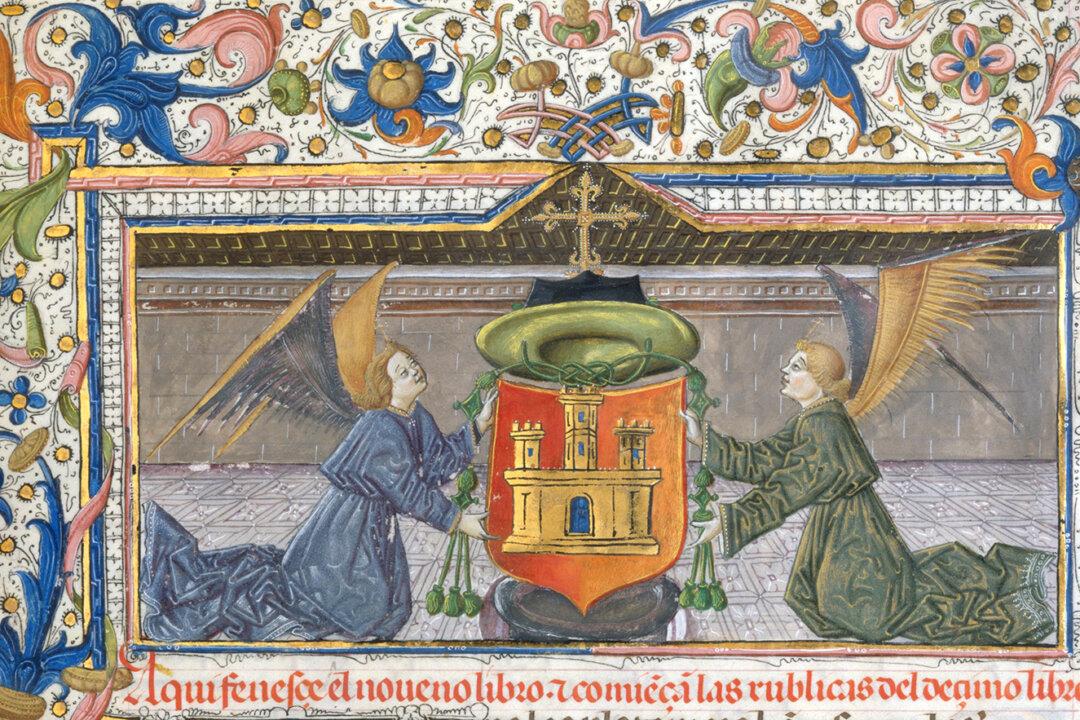To the layman, Old English sounds much like the King’s English, like the verbiage in the King James Version Bible, or even the works of William Shakespeare. The layman could hardly be more wrong.
Hana Videen, in her new book “The Wordhord: Daily Life in Old English,” brings to life a language that has long been dead yet is still relevant in the grand scheme of understanding where some of our modern English comes from.






